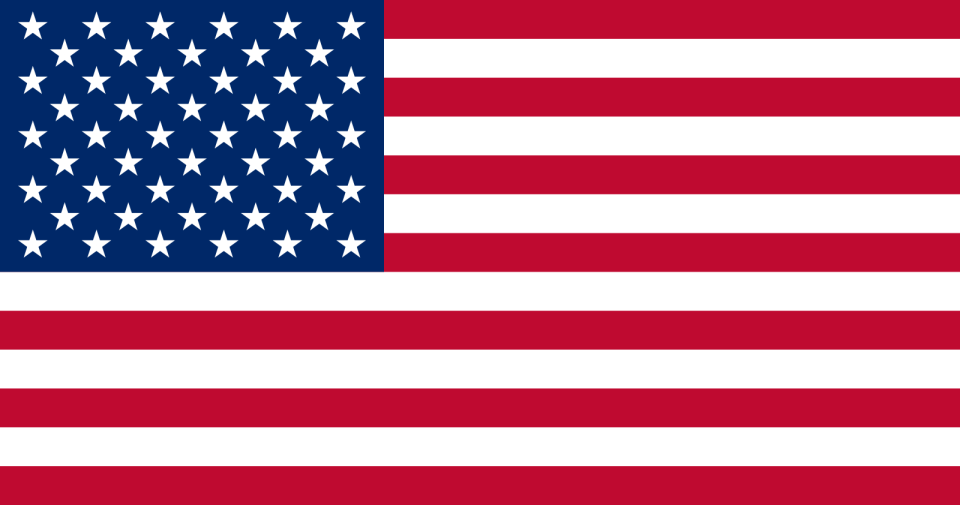“Regardless of a tightening regulatory outlook, foreign acquirers sizing up North American assets are expected to maintain a strong appetite through 2023 and beyond.”
The slowdown resulted from a number of factors, including steadily increasing interest rates, geopolitical tensions and supply chain disruptions. Soaring inflation and Russia’s invasion of Ukraine, arguably the two biggest factors in the global economy at present, also served to undermine confidence and drive down activity. Tightening finance markets may further threaten the recent pace of activity, along with more intense regulatory, media and political scrutiny of particular types of deals.
Outbound perspective
The cross-border M&A market has held relatively steady since the worst of the pandemic, with activity by North American acquirers now fully recovered from the lows recorded in 2020. Dealmaking sentiment remains high among North American companies.
However, despite the strong US dollar, there has not been a deluge of US outbound deal activity. The tech sector has continued to dominate US outbound M&A, but Silicon Valley firms currently prefer smaller cross-border deals – perhaps unsurprisingly as a number of major US tech firms have made major layoffs and undertaken restructuring efforts post-COVID-19. Furthermore, the pressures currently affecting the global economy have been more severe in Europe, giving would-be acquirers in North America reasons to delay potential deals. Europe is suffering from higher inflationary pressures and was plunged into recession quicker than the US. The war in Ukraine and rising interest rates are also significant roadblocks.
What deal activity there was in 2022 was, nevertheless, focused on Europe, which accounted for half of all US outbound deals. According to Ion Analytics, the UK remains the primary market for US acquirers, attracting 18 percent of all outbound deal value in 2022, down from 22 percent in 2021. Israel, Germany and China all saw an increased share of US outbound spend last year.
Despite challenges across the European continent, an uptick in outbound North American deal activity is expected, particularly given the huge amounts of dry powder held by private equity and the capital reserves on corporate balance sheets.
Mixed outlook
A recent survey by Dentons Canada and Mergermarket draws a mixed outlook for cross-border dealmaking in 2023. Over a third of North American survey respondents, and 40 percent outside North America, predict rising M&A activity for 2023 compared to the past 12 months. However, 39 percent of North American respondents, and 36 percent of non-North American executives, expect it to decrease. The majority expect to be involved in between one and four deals this year.
The survey also provides an insight into the most attractive sectors for transactions in 2023. The report notes that 72 percent of US and Canadian respondents, and 93 percent of their peers outside North America, predict they will be involved in transactions in the technology, media and telecommunications (TMT) sector. Financial services, cited by just over half the respondents, is the next most popular industry, followed by pharmaceuticals, medical and biotechnology (PMB).
Technology has been a major driver of dealmaking activity in recent years. During the pandemic, companies found themselves having to embrace technology out of necessity, and now continue to retool themselves with digital capabilities. Many cross-border acquisitions aim to acquire new technologies, innovations and intellectual property (IP) assets. In this way, acquirers can offer new service lines under existing brands or incorporate enhanced technology into their current offerings.
The private equity (PE) industry has also been notably active. According to PwC, PE has put record amounts of capital to work over the past few years, accounting for more than 40 percent of deal values globally in 2022. PE buyers have been targeting the tech space, funnelling dry powder into enterprise software businesses, attracted by their subscription-based revenue models and the promise of outsized returns.
Significant North American-focused funds have also been raised in recent years. In late February 2023, leading global alternative investment firm Investcorp announced the closing of its North American Private Equity Fund, which secured committed capital of over $1.3bn.




